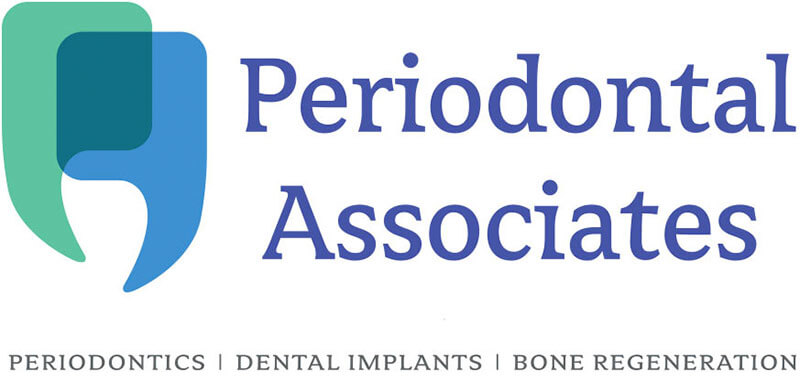The benefits of fluoridated water for the prevention of tooth decay in children have been well-documented for decades. An interesting new study also suggests that use of fluoride as a child is related to a lower incidence of tooth loss in the adult years. In an article appearing in the October issue of the American Journal of Public Health, Matthew Neidell reports a strong relationship between fluoride levels in a resident’s county at the time of their birth with tooth loss as an adult. “Your fluoridation exposure at birth is affecting your tooth loss in your 40s and 50s, regardless of what your fluoridation exposure was like when you were 20 and 30 years old,” said Neidell, a health policy professor at the Mailman School of Public Health at Columbia University. Dr. Neidell combined data from a recent Centers for Disease Control and Prevention community health study and a water census to see the impact of drinking fluoridated water in the 1950s and 1960s on tooth loss in the 1990s.
The researchers write that respondents who did not live in the same county their entire lives received differing amounts of fluoride in their water, which complicated study findings. The study, which focused on tooth loss as an indication of overall oral health, could not adjust for factors such as use of toothpaste, which also provides a dose of fluoride.
The American Dental Association, which has supported fluoridation of community water since 1950, says scientists continue to show adding the mineral to water is safe and aids tooth health. One 2007 study of Kaiser Permanente HMO members found that adults benefited from community fluoridation more than children. A study of Medicaid dental patients in Louisiana, which showed that for every $1 invested in water fluoridation, the state saw $38 in reduced dental costs.
The use of fluoride is still controversial for some people. Yet, this is another study which suggests that early fluoride use has long term benefits.
Comments are welcome!
Source: Science Daily
Photo Credit: CrossFit Oakland
